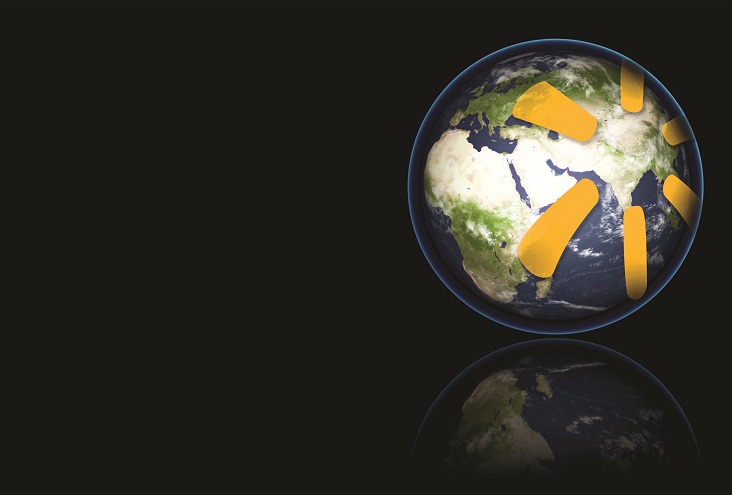It is no secret that we now live on a global scale. Retooling competitive strategies requires transformational leadership that can accelerate business growth in international markets, navigate cultural and political barriers, and create innovative solutions for an increasingly complex set of demands.
The transformative global leader emotionally connects with people from different cultures, builds a network of people of influence and power, nurtures trust, and advocate collaboration. To that end, transformational global leaders around the globe are leading Walmart.
In Walmart India and Brazil, for example, leaders have collaborated with local governments, schools and communities to effectively address issues related to employability of the local workforce. The Brazil Social School of Retail program provides professional retail and life skills training to young adults from 17 to 24 years old, coming from low-income families, at no cost to the students. To date, the program has served 2,757 young people. Walmart India’s the three vocational training centers have certified 9,000 students since the program began in 2008, and more than 3,000 students have been placed in jobs. We believe that businesses can make a difference in helping people improve their lives by acquiring new skills and better jobs. The company pledged to expand the successful retail training programs to help 400,000 women around the world.
In Central America, Walmart’s global direct farm program supports small- and medium-sized farmers and their communities. The signature Tierra Fértil program supported the development of 3,770 farmers in 2011, in such areas as seed and crop quality, soil use and more. Walmart Mexico trained more than 2,440 farmers and farm workers in Best Agricultural Practices, and the program in India expanded to include 3,700 farmers. By selling directly to Walmart and eliminating the middleman, farmers earn a better price for their products, increase their incomes and receive expert advice on crop planning.
Transformational global leaders are driven to succeed for the sake of achievement. The motivational leader understands complex global issues, identifies danger and opportunities, communicates the goals and common purpose effectively, and drives success through collaboration. Working together with the local government and business partners, Walmart brought a systematic approach to applying and scaling the Sustainability Index – a tool to measure and drive the sustainability of products – in China and around the world. The company announced a series of new commitments to make its supply chain more sustainable and to address the common challenges we all face together.
In Leaders Make the Future, author Bob Johansen argues that the future portends four important changes: 1) The world will become more complex, 2) leaders will face both danger and opportunity, 3) leaders will need nontraditional skills to shape the future, and 4) traditional approaches will no longer suffice to meet the challenges ahead.
When we integrate our own perspective and experiences with an awareness of cultural differences; when we are willing to combine opposing ideas to move beyond “either-or” solution; and when we can empathize with and motivate others who may have opinions or work styles that differ from our own, we become the transformational global leaders who are, at this moment, charting a new course for the world we will live in tomorrow.
Donald Fan is senior director of the Global Office of Diversity at Wal-Mart Stores, Inc.









